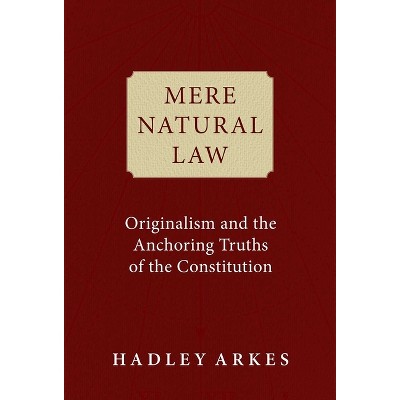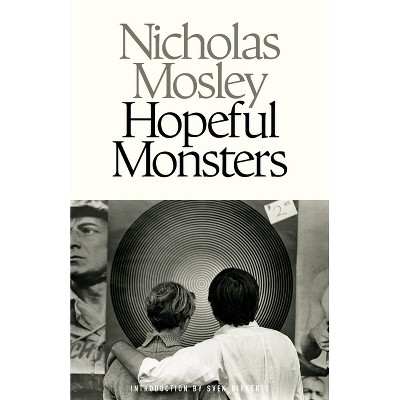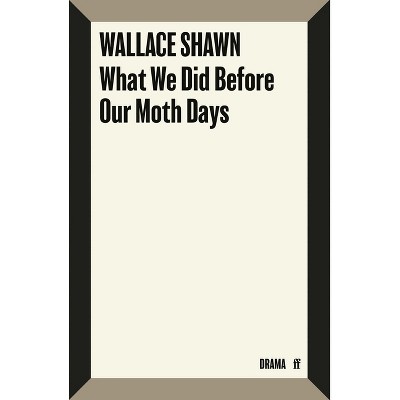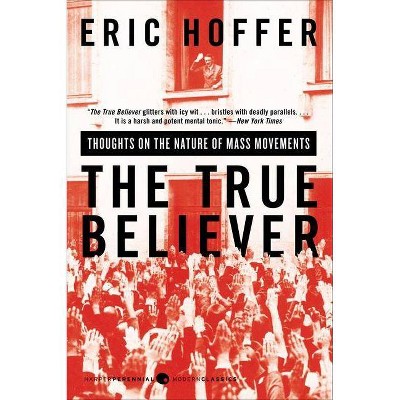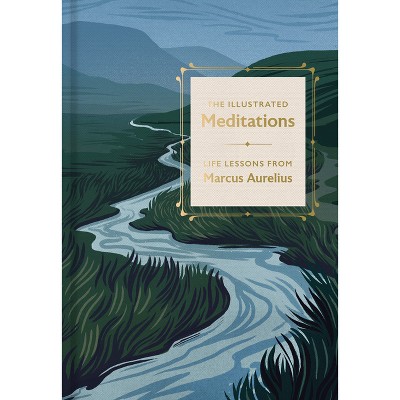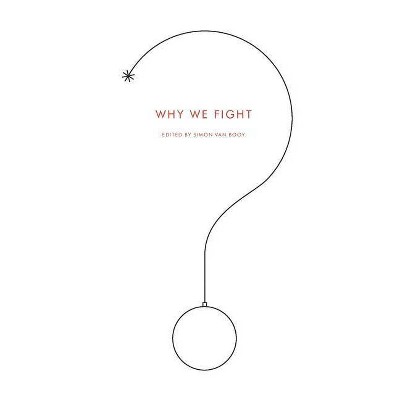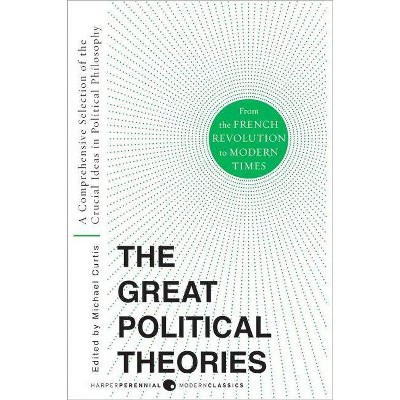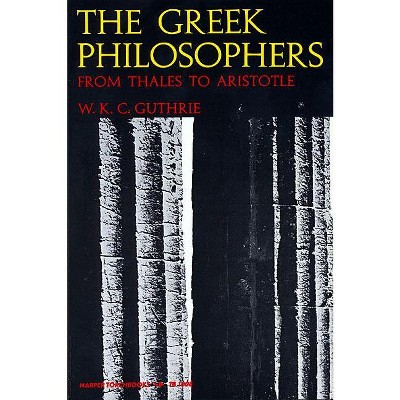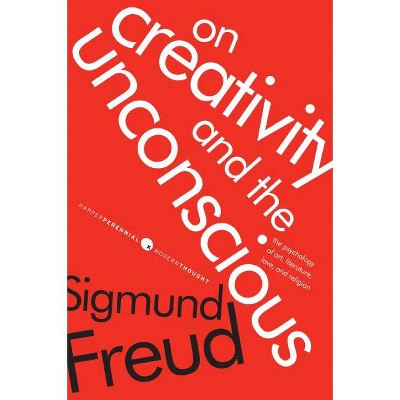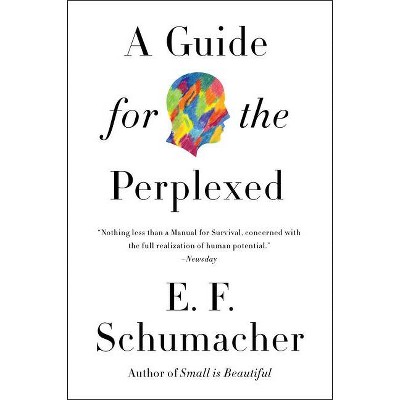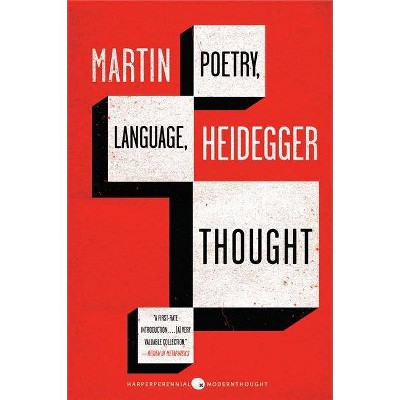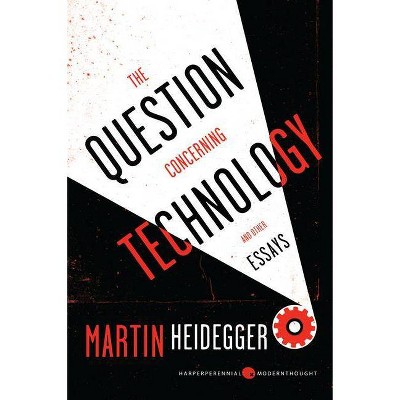Sponsored

Great Political Theories, Volume 1 - (Harper Perennial Modern Thought) by M Curtis & Michael Curtis (Paperback)
In Stock
Sponsored
About this item
Highlights
- Volume 1 of the classic anthology of political thought: a comprehensive selection of the crucial ideas in political philosophy from Plato and Aristotle to Locke and MontesquieuAs an introduction to political theory and science, this standout collection of writings by the great philosophers is a must for readers of philosophy.
- Author(s): M Curtis & Michael Curtis
- 464 Pages
- Philosophy, Political
- Series Name: Harper Perennial Modern Thought
Description
About the Book
"This book was first published in 1961 by Avon Books"--T.p. verso.Book Synopsis
Volume 1 of the classic anthology of political thought: a comprehensive selection of the crucial ideas in political philosophy from Plato and Aristotle to Locke and Montesquieu
As an introduction to political theory and science, this standout collection of writings by the great philosophers is a must for readers of philosophy. It also forms a basic textbook for students of government and political theory. Such fundamental concepts as Democracy, the Rule of Law, Justice, Natural Rights, Sovereignty, Citizenship, Power, the State, Revolution, Liberty, Reason, Materialism, Toleration, and the Place of Religion in Society are traced from their origins, through their development and changing patterns, to show how they guide political thinking and institutions today.
Among the authors in this volume: Sophocles, Plato, Artistotle, Seneca, Marcus Aurelius, Cicero, St. Augustine, Aquinas, Machiavelli, Martin Luther, Calvin, Hobbes, Spinoza, Locke, and Montesquieu.
From the Back Cover
As an introduction to political theory and science, this collection of writings by the great philosophers will be of close interest to general readers. It also serves as a basic textbook for students of government and political theory. Such fundamental concepts as Democracy, the Rule of Law, Justice, Natural Rights, Sovereignty, Citizenship, Power, the State, Revolution, Liberty, Reason, Materialism, Toleration, and the Separation of Church and State are traced from their origins, through their development and changing patterns, to show how they guide political thinking and institutions today.

